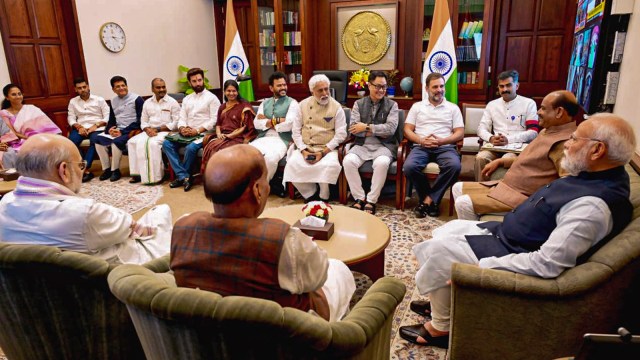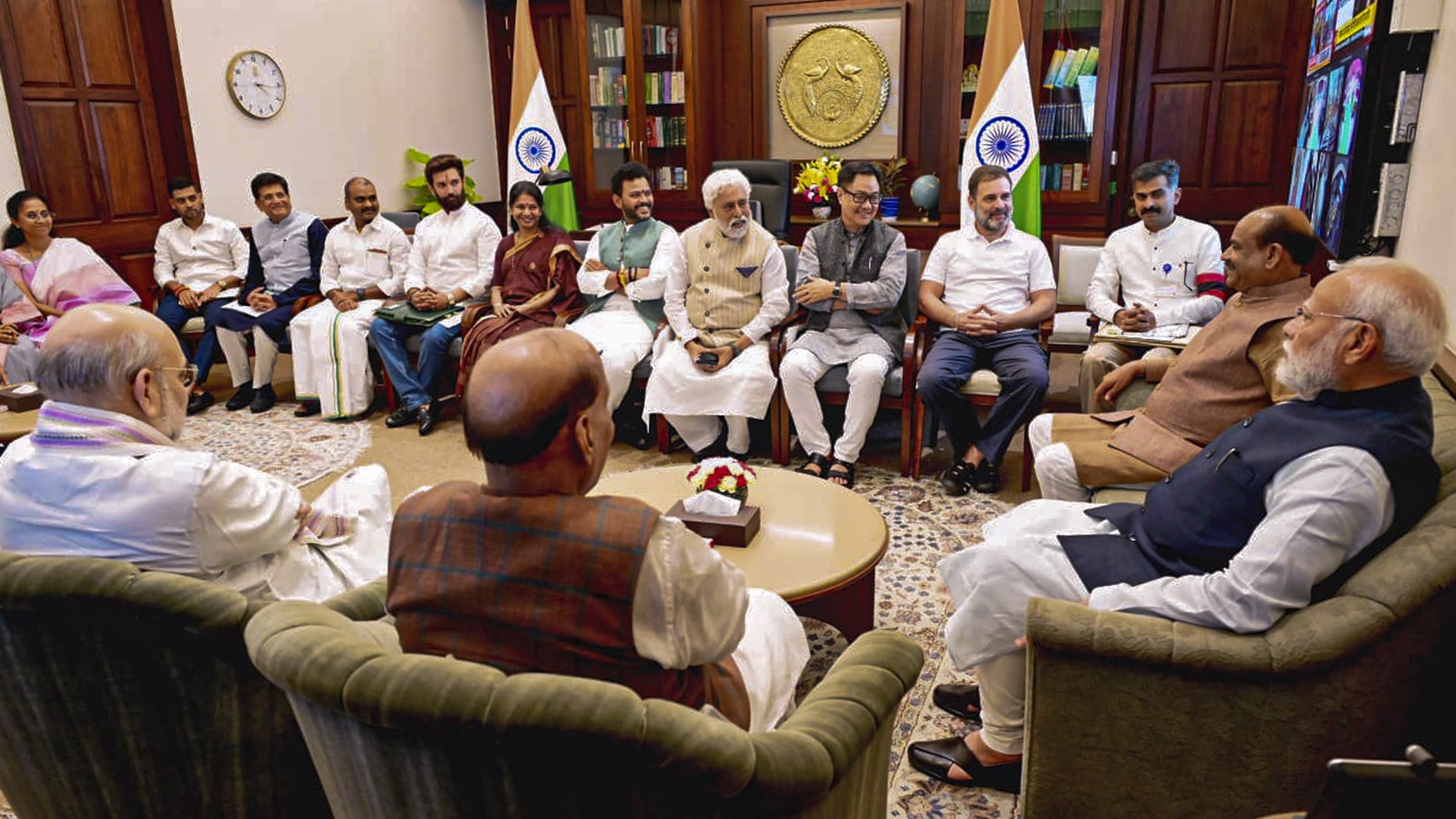
Traditionally, cabinet decisions in the Delhi government were taken post long meetings and many discussions between the council of ministers. In the last two and a half years, AAP has streamlined operations by doing away with unnecessary back and forth by circulating cabinet notes instead. In 2024 so far, 15 decisions were taken through the circulation of these notes and just six at actual, physical meetings of the ministers. “It expedites policy implementation. Policies that are crystal clear and certain to be implemented don’t require physical meetings,” AAP said in a statement.
Pre-Covid, some version of the daily morning meeting was the norm in offices around the world. If even the ponderous Indian bureaucracy thinks workplace culture needs to embrace hybrid functioning, machine-like productivity that limits human interactions is clearly the future.
A quick Google search reveals that one of the world’s first “offices” as we know them was the East India Company in London, created in the early 1700s for employees to gather and discuss their goals and aims. Before that, the EIC was run out of the home of its Governor and don’t we know it, this transformational change worked out rather too well. Within a century, the EIC controlled a vast empire, their initial 35 employees having grown to well over a hundred, who congregated daily for work.
Since then, the office has been the mainstay of adult life — a place to collaborate, socialise, form friendships, even, maybe, stumble on love. Coworkers spend more time side by side than with family, often developing profound bonds and relationships that contribute to overall wellbeing. So, by relegating the meeting inconsequential or allowing the option of work-from-home, one can’t help but wonder if we’re underrating the value of social connections forged over coffees and shared professional aspirations.
We’re on earth to move around and meet people, not sit in front of a laptop in our pyjamas. There is beauty in everyday human engagement. Digital interactions cut costs and improve business efficiency but can feel greatly dehumanising. Recently, at a Singapore restaurant, I had to place the food order on an app. Gone are the days of Maitre’ D’s and waiters explaining flavours and cunningly pushing the most expensive dish on the menu. Singapore, always cutting-edge, has done away with immigration officers too. You can scan a passport and exit the airport without speaking to a soul. While nobody would miss the glum-faced customs officials at the Delhi airport whose expressions are unfailingly surly, increasing disconnection at every level will create its own set of problems, like loneliness and isolation.
Repeated studies on octogenarians, who, typically, are more alone than others, suggest that in the absence of family and friends, daily interactions with the other people in our lives, like the grocer or the neighbours, goes a long way in fostering a sense of community.
Could Bangladeshi students have kicked out their Prime Minister by communicating on Zoom? So far voiceless, their pent up hopes have acquired a fierce momentum — the deeply moving images out of Dhaka resonant of the old adage, united we stand, divided we fall. At the gym, I notice everyone’s got their headphones on, following workout routines on the many fitness apps available. Trainers, provided for free by the gym, are standing by twiddling their thumbs. Somewhere, optimisation culture has lead to the mistaken notion that the best use of our time is to keep our heads down and get on with it. Actually, it’s the opposite. Life contains an infinite number of possibilities but exploring them requires conversations, occasionally allowing in strangers or just being curious about the lives of others.
Spike Jonze’s weirdly memorable 2013 feature, Her, about a guy who develops a romantic attachment with his personal Alexa, perfectly captures the paradox of alienation. We live in urban sprawls, surrounded by people. Yet, it’s never been harder to reveal oneself honestly, to build something real.
The writer is director, Hutkay Films



